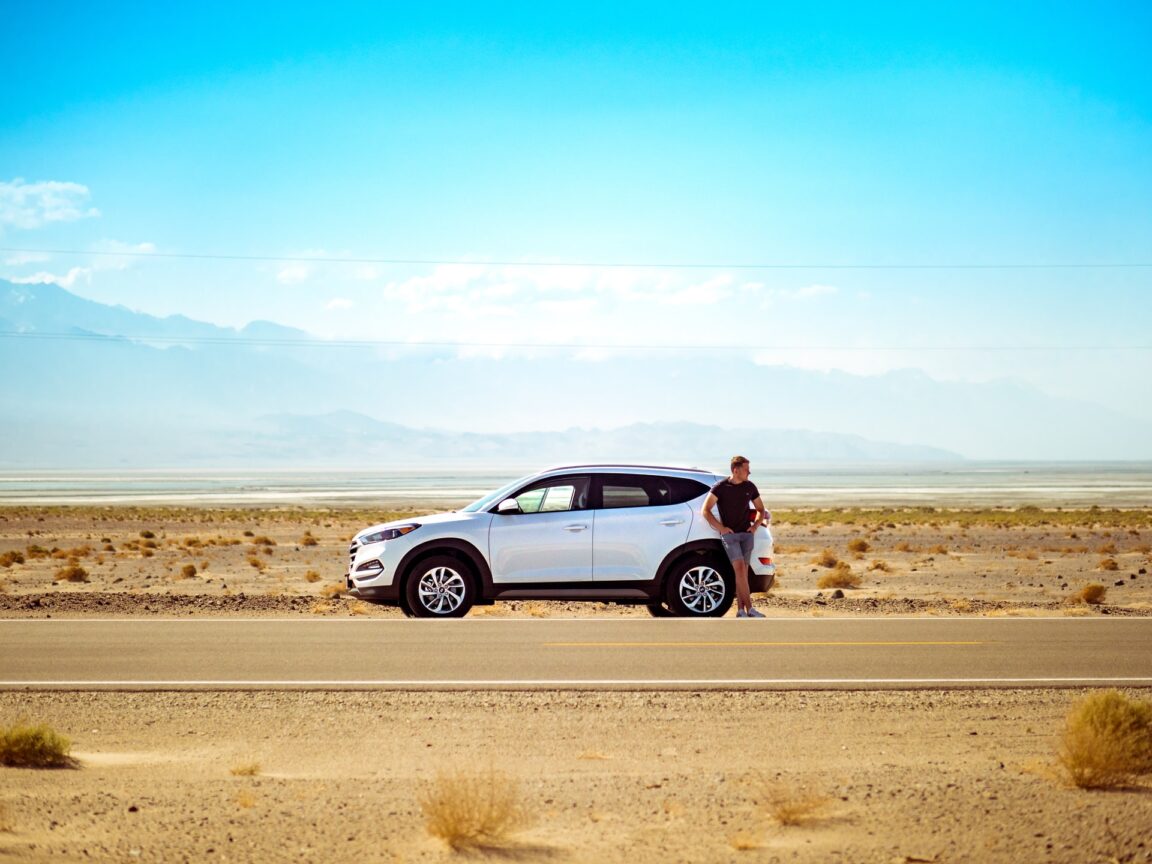Car Trouble. A bout with situational depression seems a lot like driving a car that is low on oil.
A few weeks ago, my car started to act up. I am one of those crazies that thinks it is necessary to name things, like your vehicles. So, just for the fun of it, her name is Alice.
Alice is a 2002 Nissan Altima, and she doesn’t have a bunch of fancy bells and whistles to tell me what is going on, just the basic lights to tell me when things have gotten serious. You have no way of knowing very much about me, but I am mostly uneducated when it comes to vehicles. So, when Alice began making a funny noise, and the little red oil light started to flicker as she was shifting, I didn’t know the sense of urgency that needed to be taken.
Luckily for me, my brother knew just how important it was to get her in and encouraged me to take her up to the garage. My mechanic put some oil in her, and the change from when I drove her once oil was in her was instantaneous. She stopped making a funny sound, the warning lights quit flashing, and it was like I had a brand-new car.
Now, when I started this by saying that situational depression is like driving a car that is low on oil, I was not saying that the fix is as easy as an extra two quarts of oil. I mean that the symptoms in a car that is not running smoothly are like the symptoms of a person who is not running smoothly.
Picture this: you are going about your everyday life when suddenly…

… tragedy strikes, and the world screeches to a halt. It came out of nowhere. There were no warning signs, but before you know it, you start to operate a little differently than you did before. Things that used to be easy and natural, like getting out of bed or taking a shower, suddenly feel like climbing Everest. They feel monumental. They feel impossible. The thing is, life doesn’t stop just because the ease of it quits, so you get out of bed and keep moving.
As you keep plugging along, trying to ignore the weight of everything being harder, the smallest things seem to trigger you. You get cut off in traffic and all you want to do is ride that guy’s tail until he gets the point that he was wrong. You are facing an important deadline and stare at the screen in front of you for hours, completely void of motivation and willpower. You have to take a loved one to the hospital over something very treatable, and it feels like the last time you’ll ever say you love them.
Situational depression has a way of weighing you down.
And it doesn’t take long for people to start to notice. Maybe it’s a friend who stopped by and stayed a lot longer than expected, just to sit with you and be present. Maybe your roommate says, “how are you doing?” more times in one day than they have in the past three years of living together. Maybe your significant other looks you in the eye and tells you that you need to talk.
This is why having people around us is so important. People can often see things that we can’t see when we are by ourselves. If my brother hadn’t told me I needed to call the shop, I probably would have carefully driven Alice for another day before her engine blew out on me. And if my friends had not surrounded me with care, concern, and their presence as a safe place for me to fall apart, this episode of situational depression could have ended terribly.
John Donne wrote a poem titled “No Man is an Island,” but the reality is we often try to be. We were not built to be self-sufficient. We were not made to tough it out by ourselves. Do not let your engine run out of oil, and if you struggle to identify that for yourself, make sure those around you know which warning lights to look for – and how serious they really are.
Also Check Out:
Auto Insurance Online: How to Compare and Save







